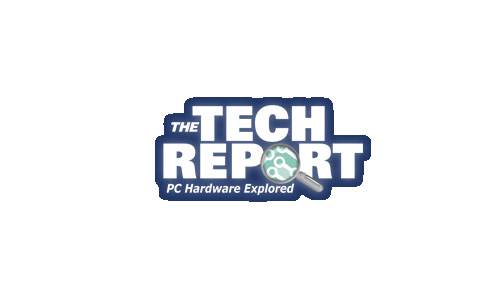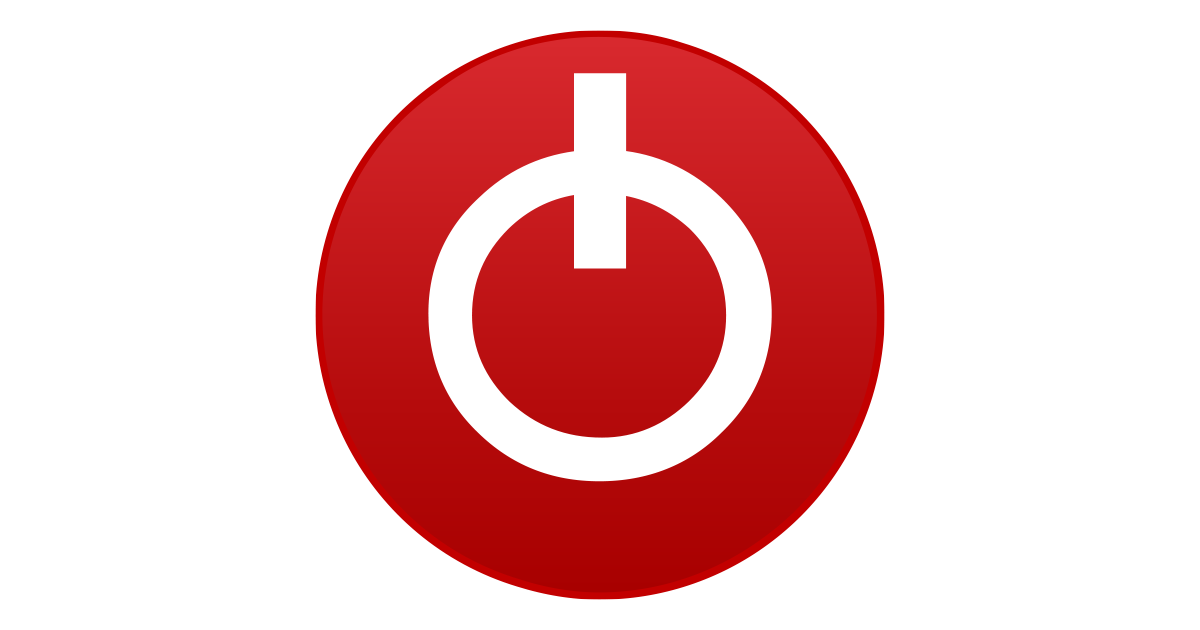- Joined
- Jul 15, 2020
- Messages
- 1,110 (0.61/day)
| System Name | Dirt Sheep | Silent Sheep |
|---|---|
| Processor | i5-2400 | 13900K (-0.02mV offset) |
| Motherboard | Asus P8H67-M LE | Gigabyte AERO Z690-G, bios F29 Intel baseline |
| Cooling | Scythe Katana Type 1 | Noctua NH-U12A chromax.black |
| Memory | G-skill 2*8GB DDR3 | Corsair Vengeance 4*32GB DDR5 5200Mhz C40 @4000MHz |
| Video Card(s) | iGPU | NV 1080TI FE |
| Storage | Micron 256GB SSD | 2*SN850 1TB, 230S 4TB, 840EVO 128GB, IronWolf 6TB, 2*HC550 18TB in RAID1 |
| Display(s) | LG 21` FHD W2261VP | Lenovo 27` 4K Qreator 27 |
| Case | Thermaltake V3 Black|Define 7 Solid: 2*TOUGHFAN 14Pro+2*Stock 14 inlet, NF-A14 PPC-3000+NF-A8 outlet |
| Audio Device(s) | Beyerdynamic DT 990 (or the screen speakers when I'm too lazy) |
| Power Supply | Enermax Pro82+ 525W | Corsair RM650x (2021) |
| Mouse | Logitech Master 3 |
| Keyboard | Roccat Isku FX |
| VR HMD | Nop. |
| Software | WIN 10 | WIN 11 |
| Benchmark Scores | CB23 SC: i5-2400=641 | i9-13900k=2281 MC: i5-2400=i9 13900k SC | i9-13900k=35500 |
I still rock that ancient hog and planning to replace it.
I want to compere the power consumption in order to know how much more power (W) I will need in the new PSU (after 12 years my Enermax Pro82+ 525W should be put to rest).
According to spec the i5-2400 is a 95W CPU, the i5-12600 (non K) is 65W with max turbo of 117W.
Still, I guess the 12600 will draw and need more power than just 117-95=22W.
But how much more?
I want to compere the power consumption in order to know how much more power (W) I will need in the new PSU (after 12 years my Enermax Pro82+ 525W should be put to rest).
According to spec the i5-2400 is a 95W CPU, the i5-12600 (non K) is 65W with max turbo of 117W.
Still, I guess the 12600 will draw and need more power than just 117-95=22W.
But how much more?












